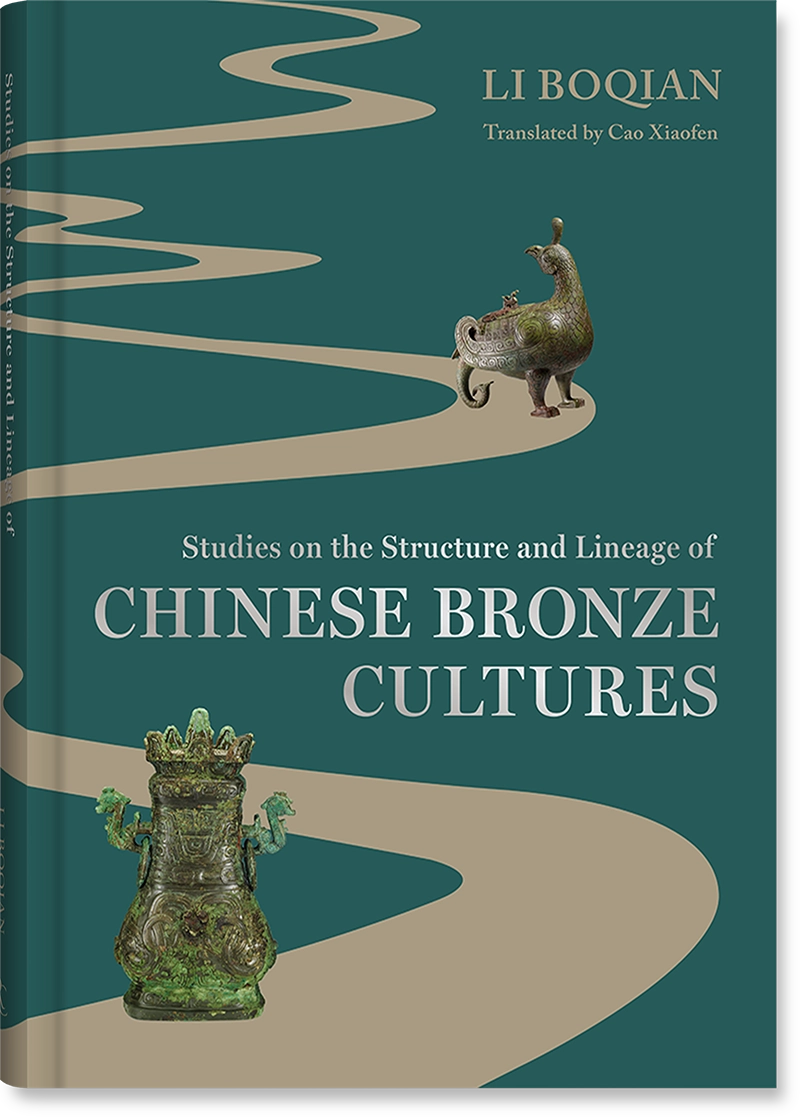
Studies on the Structure and Lineage of Chinese Bronze Cultures
Cloth • 508 pages • 156 × 234 mm • English
Dec 2023 • US$59.95 • CA$80.95
ISBN: 9781487811983
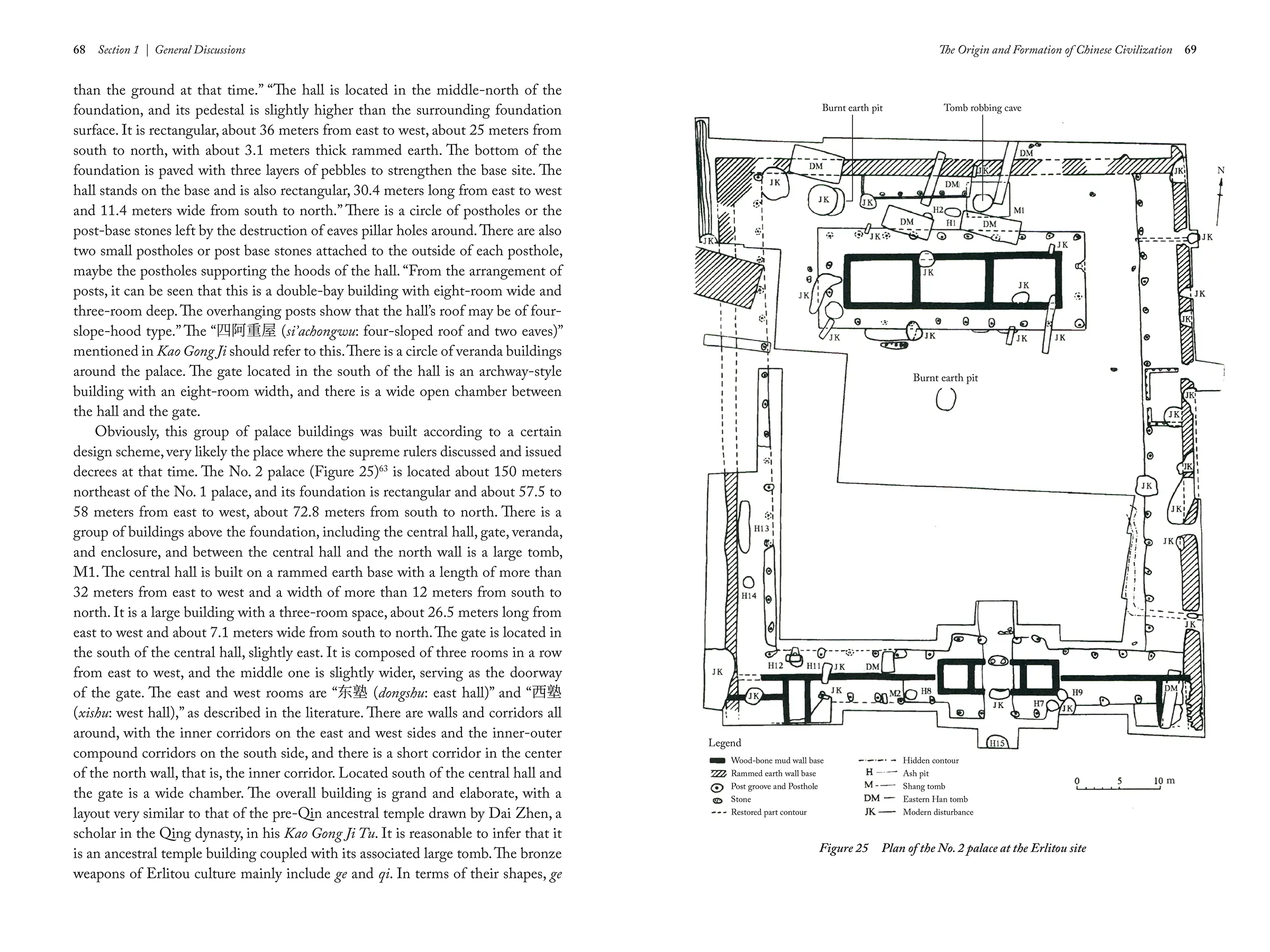
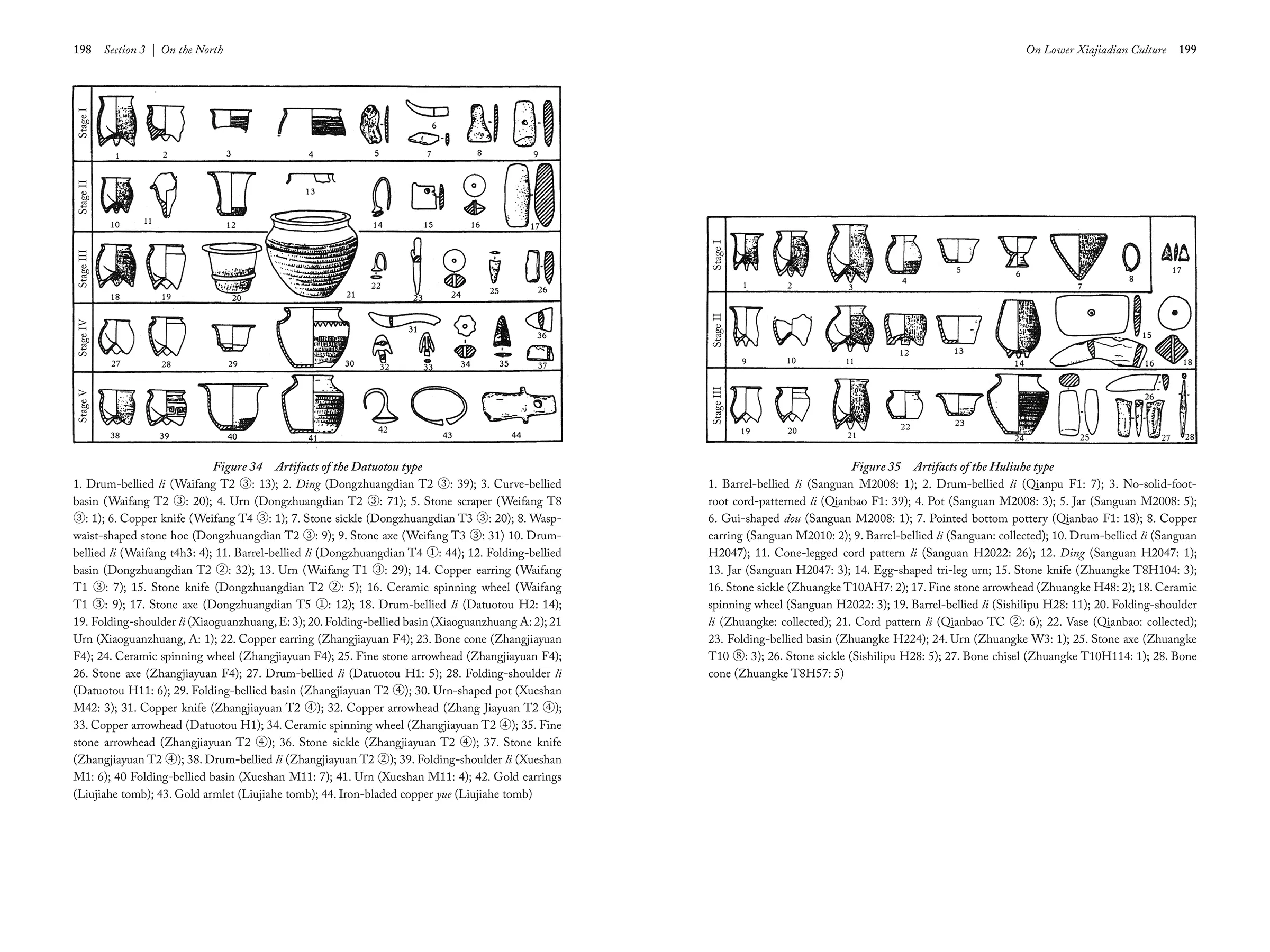
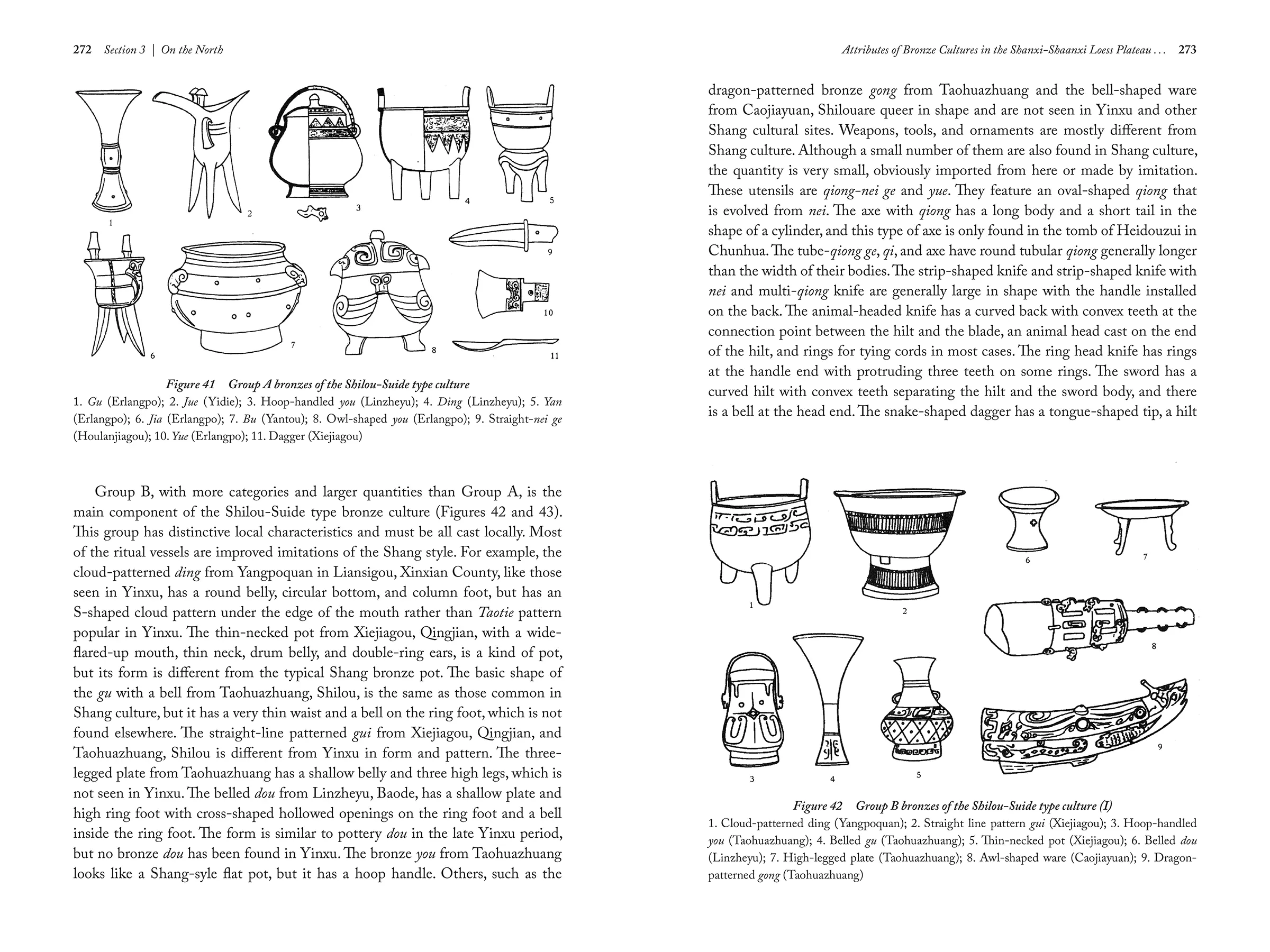
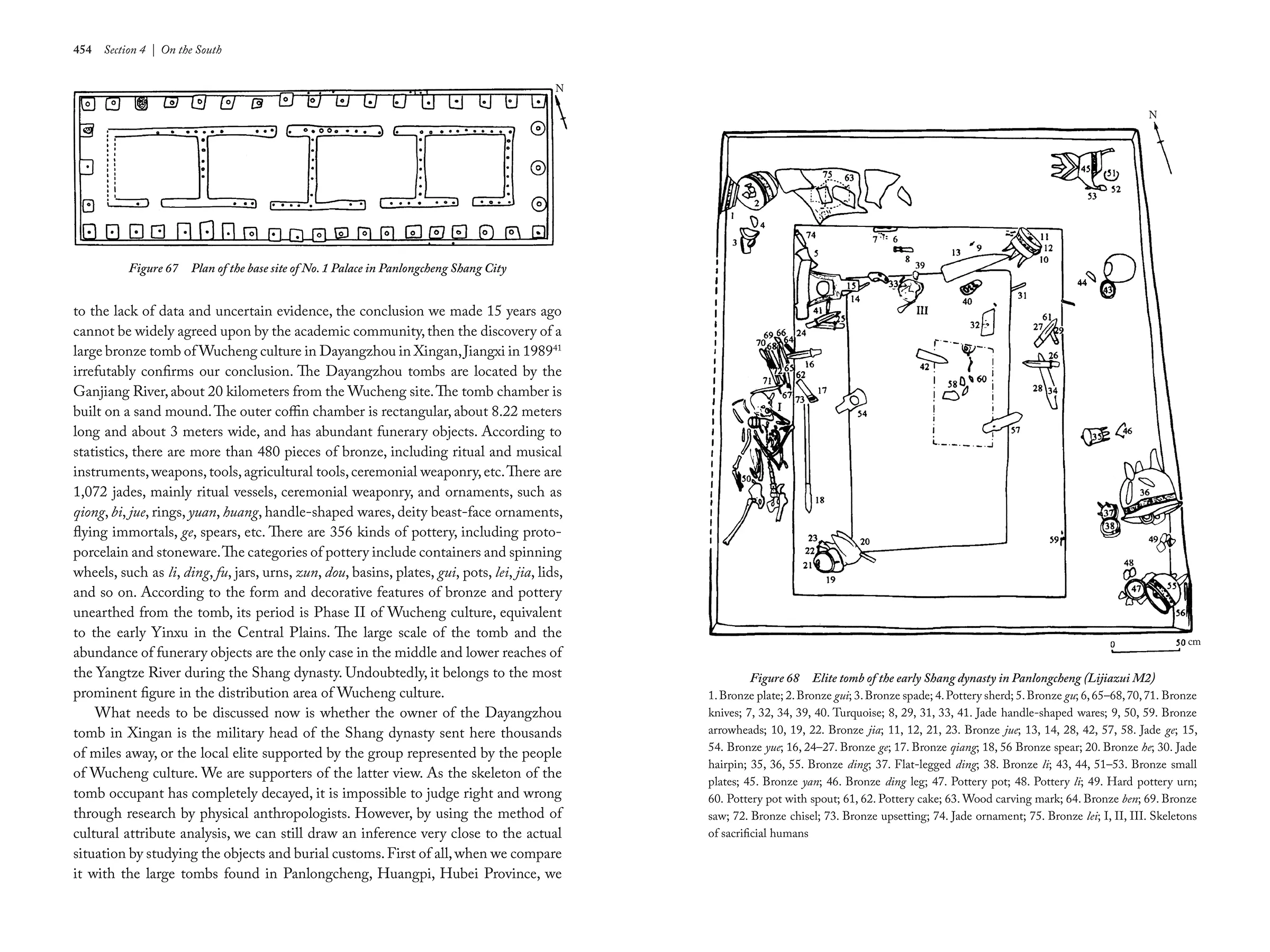
About the Book
Explore the fascinating world of Chinese bronze cultures with this comprehensive collection of 31 research papers by renowned Professor Li Boqian. Divided into five sections, the book delves into the origin, periodization, regionalization, lineage evolution, and mutual relationships of ancient bronze cultures in China. It clarifies the development of Chinese bronze cultures centered on the Xia, Shang, and Zhou cultures in the Central Plains. Whether you’re a historian, archaeologist, educator, student, or simply a fan of Chinese history and culture, this book provides valuable insights and expert analysis that will deepen your knowledge and appreciation of this ancient civilization.
About the Author
As one of the foremost authorities in archaeology in China, Li Boqian is a Professor Emeritus at Peking University and former dean of its College of Archaeology and Museology. His work focuses on Chinese Bronze Age Archaeology and Chinese Civilization and Early State Archaeology. Spanning over 60 years, his scholarly contributions include the method of “Elements Analysis about Archaeological Cultures” and the documentation of the system and structure of the Chinese bronze cultures. He was a principal investigator of the Chronological Project of the Xia, Shang, and Zhou Dynasties. He directed the excavations at significant sites such as Erlitou in Henan, Panlongcheng in Hubei, and Qucun in Shanxi. He is the author of The Research on the Structures and Systems of Chinese Bronze Cultures (中国青铜文化结构体系研究), Proceedings about Retracing Civilization and Three Dynasties Archaeology (文明探源与三代考古论集), and the editor of The Bronze Wares and Chinese Bronze Age (青铜器与中国青铜时代), and The Entire Collections of Bronze Wares Unearthed from China (中国出土青铜器全集). He played a key role in establishing the Sackler Archaeology Museum of Peking University and served as its first director.
